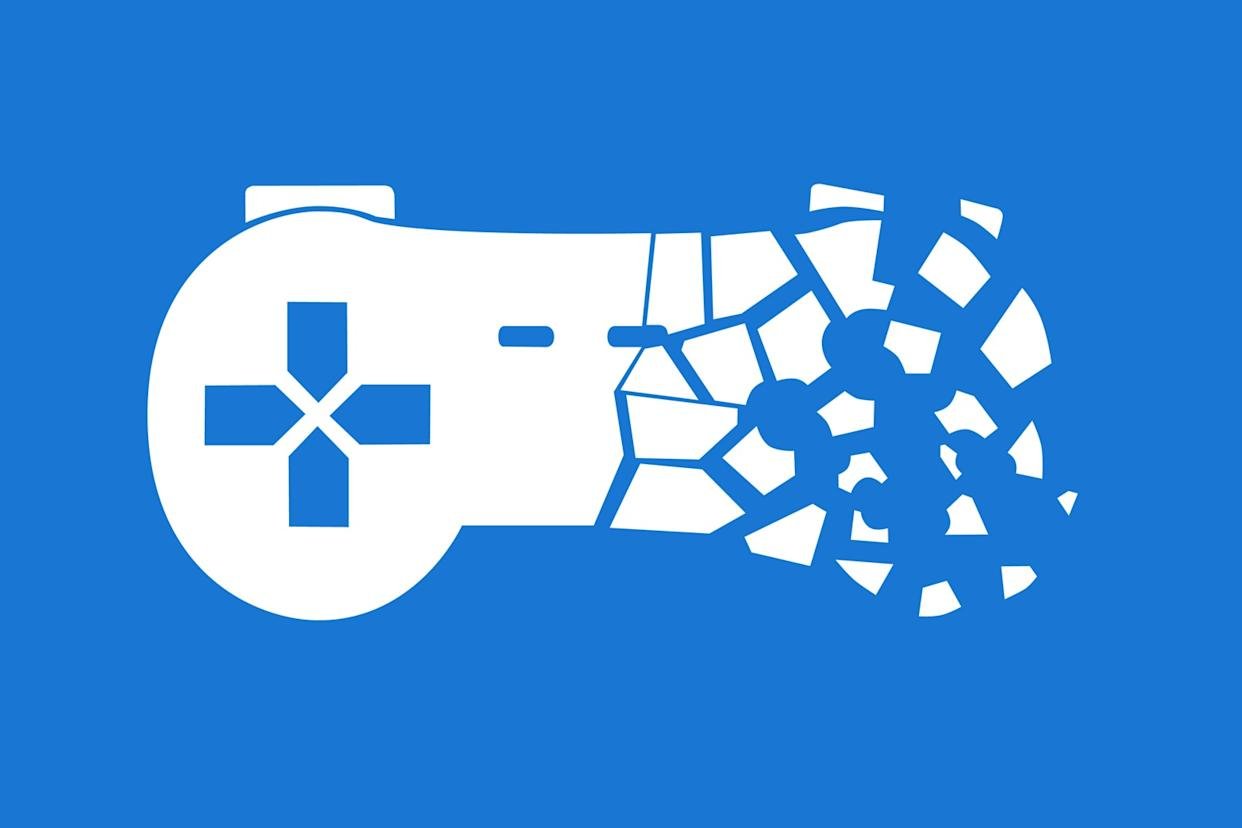Have you ever waited what felt like an eternity for a game to finally drop—only to fire it up and realize you just paid full price for a half-baked, cobbled together mess? Yeah, we’ve all been there. And worse, sometimes that game you bought and loved just… disappears. Not because your console died, not because you rage-deleted it, but because the publisher simply decided to shut it down.
That frustration sparked the Stop Killing Games movement—a push to stop publishers from treating games like disposable subscriptions instead of products you actually own.
What Is the Stop Killing Games Movement?
Launched by Ross Scott (Accursed Farms), the Stop Killing Games campaign calls for laws that prevent publishers from completely deleting access to purchased games. If servers go offline, there should be an offline mode, private server support, or some kind of preservation build.
The idea isn’t to punish developers—it’s about accountability. If you sell your audience a game, don’t yank it away later like it’s a Netflix show leaving the catalog.
Why Did the Movement Start?
The breaking point was Ubisoft’s The Crew. When Ubisoft pulled it from digital stores in late 2023 and shut down servers in early 2024, players lost access to the entire game—even single-player.
Imagine buying a car that only works when the dealership Wi-Fi is on. That’s what happened, and players weren’t having it. The backlash turned into a movement, and now petitions across the EU and UK are forcing governments to pay attention.
Recently Canceled Games That Prove the Problem
It’s not just The Crew. In the past couple years, some of the most talked-about titles were axed before they ever saw daylight—or shut down shortly after release:
- Concord — Sony’s big live-service hero shooter, hyped as a PlayStation Studios tentpole. Canceled after previews failed to excite fans.
- Marvel’s Black Panther — A huge AAA single-player game set in Wakanda. Expectations were high, but studio struggles and shifting priorities ended the project before launch.
- XDefiant — Ubisoft’s would-be Call of Duty rival. After endless delays and beta issues, it was abandoned.
- The Division: Heartland — A free-to-play spinoff teased for years before Ubisoft finally scrapped it in 2024.
- Babylon’s Fall and Rumbleverse — Both actually released, but were erased from existence in less than a year.
Fans invest years of hype. Dev teams pour in blood, sweat, and late nights. Then a publisher kills the project and walks away. That’s not just disappointing—it’s borderline disrespectful.
Why the Stop Killing Games Movement Matters
1. Ownership vs. Access
Publishers tell us we’re buying games. In reality, we’re basically renting access to the servers until they shut down. That’s deceptive, and it erodes trust in the industry.
2. Game Preservation Is Already in Crisis
According to the Video Game History Foundation, 87% of classic U.S. games are already out of print. Now factor in modern online-only design, and whole generations of games risk vanishing forever. Imagine if half of classic movies or albums were just deleted. Gaming deserves better.
3. Trust Builds Communities
Studios want long-term engagement, but trust is the foundation. If you sell ticking time bombs disguised as products, don’t be shocked when players skip your next release.
How We Got Here: The DLC and Live-Service Obsession
DLC and season passes aren’t bad on their own—but they trained publishers to think of games as platforms instead of finished products. Launch early, patch later, drip-feed content.
The problem? Always-online platforms live and die by player counts. If the launch flops, the community empties, and the publisher shuts the servers down. Game over.
Offline-capable games like No Man’s Sky and Cyberpunk 2077 could recover because the core product survived. Online-only titles don’t get that chance.
What Developers and Publishers Should Do
- Create End-of-Life Plans
Be upfront at launch. Will there be an offline build? Private server binaries? Refunds? Players deserve clarity. - Build Offline Fallbacks
Games should default to single-player or local play if servers vanish. This should be standard practice. - Release Complete Games First
Don’t ship skeleton builds and promise content later. Deliver a meal, then add dessert. - Partner With Preservationists
Work with archives and museums to save server code and assets. Protect the art, not just the business model.
Why Taking Time Pays Off
Studios often rush projects to please investors, but that short-term gain destroys long-term trust. Battlefield 2042 launched broken, became a meme, and its reputation never fully recovered. Meanwhile, Baldur’s Gate 3 took its time, launched polished, and became a modern classic.
Taking time means fewer launch disasters, happier players, and better sales long-term. And if a game does flop, an ethical exit plan protects your reputation instead of torching it.
Final Thoughts
The Stop Killing Games movement isn’t about entitlement—it’s about accountability. If you sell us a game, make sure it’s not a countdown clock in disguise.
Games aren’t disposable. They’re art, culture, and history. And they deserve better than being erased with a shutdown notice.






One Comment
This article really hits home. It’s frustrating when publishers shut down beloved games, making us feel like we never truly own them. The Stop Killing Games movement makes a valid point for player rights and game preservation.growagardenpets